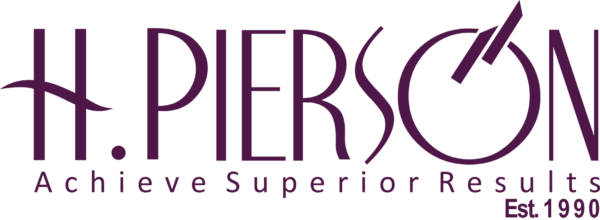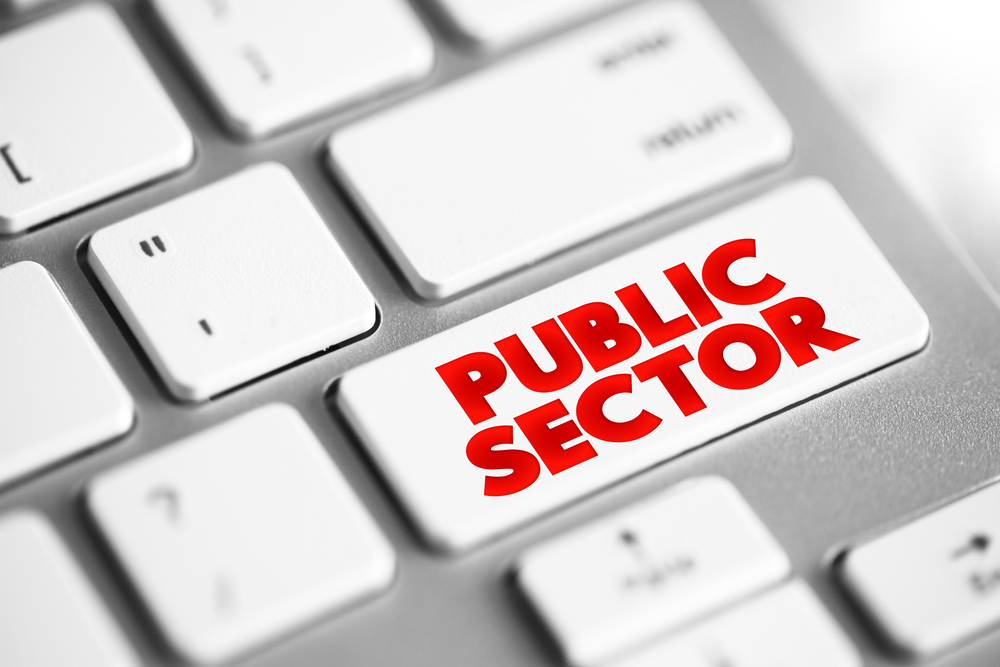KEY RISKS TO LOOK OUT FOR IN THE GOVERNMENT/PUBLIC SECTOR IN 2025
October 31, 2024 Risk Mini
HIGH-PRIORITY RISKS (Potential Impact: High, Likelihood: High)
1. Corruption and Governance Risks: Corruption, nepotism, and governance challenges impacting public trust and service delivery.
– Mitigant: Enhance transparency and accountability, implement anti-corruption measures, and strengthen institutional governance.
2. Cybersecurity Threats: Cyberattacks on government infrastructure, data, and services.
– Mitigant: Implement robust cybersecurity measures, conduct regular vulnerability assessments, and enhance employee training.
3. Economic Instability Risks: Economic instability, impacting government revenue and public services.
– Mitigant: Develop contingency plans, engage with economic experts, and enhance financial management.
4. Security Threats: Security threats from militant groups, kidnappings, and banditry.
– Mitigant: Enhance security measures, engage with security agencies, and conduct regular risk assessments.
MODERATE-PRIORITY RISKS (Potential Impact: High, Likelihood: High)
1. Regulatory Uncertainty: Uncertainty surrounding regulatory frameworks, policies, and procedures.
– Mitigant: Engage with stakeholders, conduct thorough risk assessments, and develop contingency plans.
2. Infrastructure Challenges: Inadequate infrastructure, including transportation, power, and water.
– Mitigant: Invest in infrastructure development, engage with private sector partners, and develop contingency plans.
3. Human Capital Risks: Inadequate skills, training, and retention of public sector workforce.
– Mitigant: Develop training programs, enhance employee engagement, and implement succession planning.
4. Public Perception Risks: Negative public perception of government services and institutions.
– Mitigant: Enhance communication strategies, engage with stakeholders, and improve service delivery.
LOW-PRIORITY RISKS (Potential Impact: High, Likelihood: High)
1. Artificial Intelligence (AI) and Machine Learning (ML) Risks: Risks associated with AI and ML adoption.
– Mitigant: Develop AI and ML governance frameworks, conduct regular system audits, and enhance employee training.
2. Climate Change Risks: Climate change impacts on public infrastructure and services.
– Mitigant: Develop climate resilience plans, invest in climate-resilient infrastructure, and enhance emergency preparedness.
SPECIFIC RISKS (Potential Impact: High, Likelihood: High)
1. Ethnic and Religious Tensions: Ethnic and religious tensions impacting national unity and stability.
– Mitigant: Enhance dialogue and reconciliation efforts, engage with community leaders, and promote inclusive policies.
2. Bureaucratic Delays: Bureaucratic delays impacting service delivery and policy implementation.
– Mitigant: Streamline processes, enhance accountability, and implement performance management systems.
3. Insecurity in the Niger Delta: Insecurity in the Niger Delta region impacting oil and gas production.
– Mitigant: Engage with stakeholders, enhance security measures, and implement community development programs.



